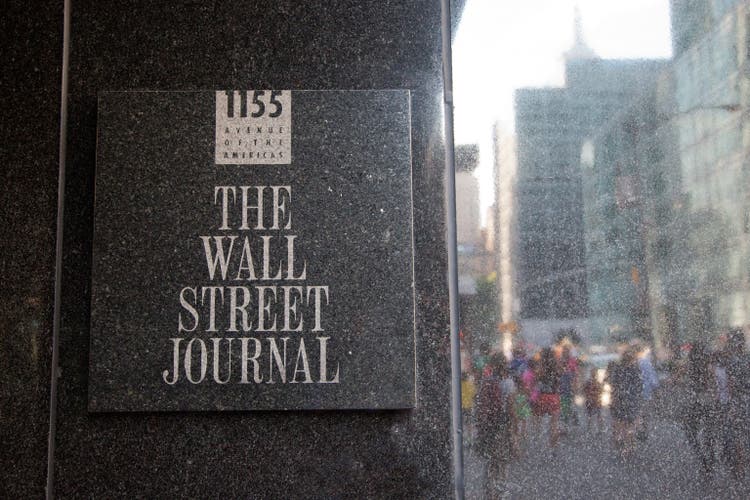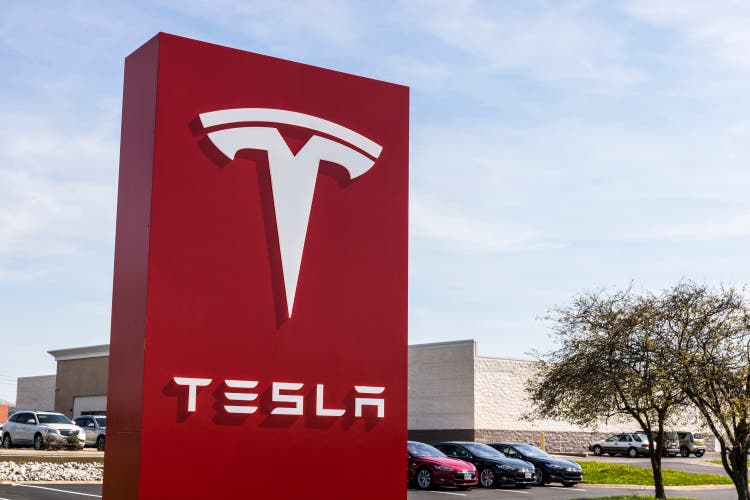Good morning. Being a C-suite leader in the age of AI is no small feat. But if you’re the CEO of one of the world’s biggest tech companies, the bar for success is even higher.
In a new Fortune article, my colleague Geoff Colvin highlights the dilemma facing Apple CEO Tim Cook. Cook, who became CEO in 2011 after serving as chief operating officer, succeeded Steve Jobs. As COO, he was responsible for the company’s worldwide sales and operations.
“It seems impossible that Tim Cook’s legacy as Apple’s spectacularly successful CEO could be in jeopardy,” Colvin writes. “But in recent months, and especially in recent days, the impossible has become at least conceivable.”
Some are questioning whether Apple is losing momentum under Cook’s leadership, as its stock has declined about 16% in 2025, significantly underperforming both the broader market and tech peers like Microsoft and Meta. Analysts and technology commentators have criticized Apple for “falling behind” competitors in AI. Recent efforts, such as the Apple Intelligence rollout, are seen as underwhelming. And Apple’s top executive in charge of AI models is leaving for Meta.
Yet, under Cook, Apple became staggeringly successful. When Steve Jobs recommended Cook as CEO, Apple’s valuation was about $300 billion. Today, it stands at $3.2 trillion—an extraordinary compound annual growth rate of 18.4% over 14 years. In fact, Colvin notes that Cook has generated significantly more shareholder value than Jobs did during his tenure.
The widespread rise of AI presents a challenge that Apple may not have been fully prepared. “For a company of Apple’s scale and stature, lagging behind its major competitors on AI is like lagging behind the competition on the internet in 2000,” Colvin writes. “AI is a general-purpose technology, and those things don’t come along very often. The internet was one. So were digital computing and electricity. They change the world, and they revolutionize the business landscape for every company.”
As Colvin puts it: “With that in mind, it becomes clear how Tim Cook could be one of the all-time greatest CEOs from 2011 to now, yet might not be optimal for the AI era.” You can read more of Colvin’s assessment, along with discussions with experts, here.
You don’t have to be a trillion-dollar company to feel the pressure for AI to redefine your leadership. In this new age of AI, product innovation, agility, and moving quickly—but wisely—are critical to remaining competitive. Baba Prasad, professor of the practice of leadership at Brown University, writes in a recent opinion piece that the very nature of leadership is being transformed by AI.
Prasad writes: “In the AI-driven world, visionary agility enables leaders to interpret new information meaningfully, challenge what must be challenged, and steward resources and technologies in alignment with broader human purposes. These three functions—interpreter, challenger, and steward—are the critical roles of agile leadership in an AI-driven world.”
Sheryl Estrada
sheryl.estrada@fortune.com
This story was originally featured on Fortune.com

 2 days ago
1
2 days ago
1





















 English (US) ·
English (US) ·